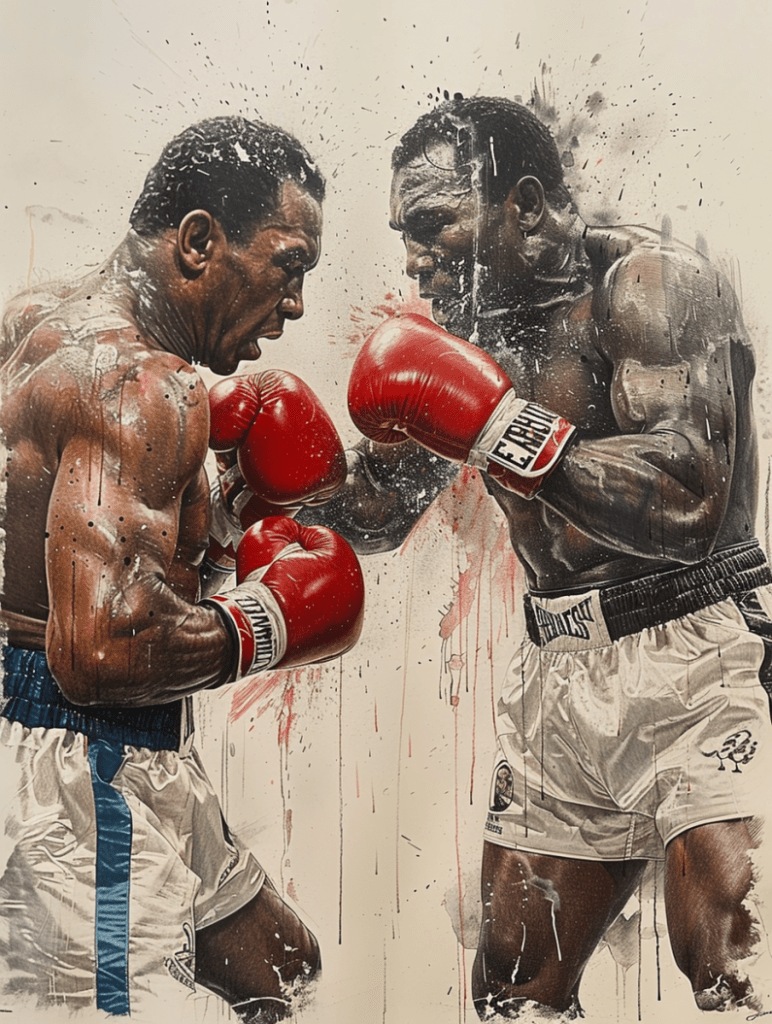On This Day, February 25, 1964, 22-year-old Cassius Clay (later known as Muhammad Ali) shocked the world by defeating the reigning world heavyweight boxing champion, Sonny Liston, in a seventh-round technical knockout. The bout, held in Miami Beach, Florida, was one of the most anticipated and watched matches of the time, making Clay the youngest boxer to take the title from a reigning heavyweight champion—a record that stood until Mike Tyson’s victory in 1986.
Clay’s victory over Liston was monumental, not only for its upset against the odds but also for its impact on the sport of boxing and the cultural landscape of the 1960s. Before the fight, Clay was known for his bold predictions and charismatic self-promotion, famously declaring, “I am the greatest!” His win solidified this claim, propelling him into international fame and making him an icon of both sport and social change.
This victory was just the beginning of Muhammad Ali’s legendary career, during which he would become known not just for his prowess in the ring but also for his poetic speech, political activism, and humanitarian efforts. Ali’s conversion to Islam and name change shortly after the fight marked the start of a life that would be as impactful outside the ring as it was within it, cementing his legacy as “The Greatest” boxer and a significant figure in the 20th century.
Image Prompt by @Azed__design
